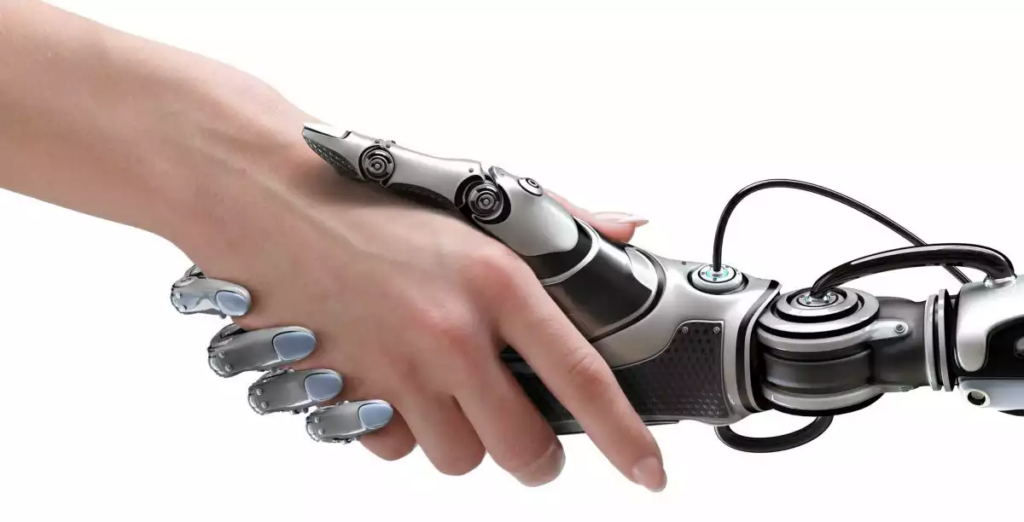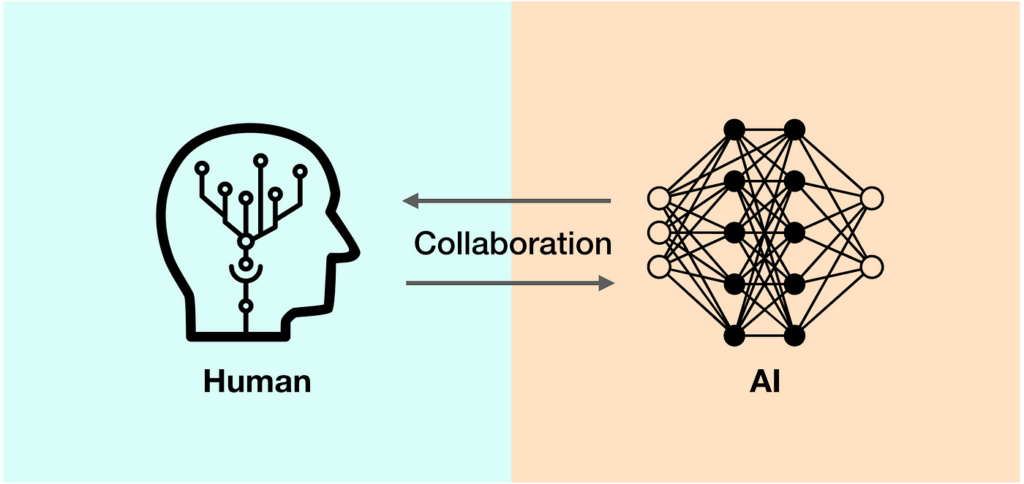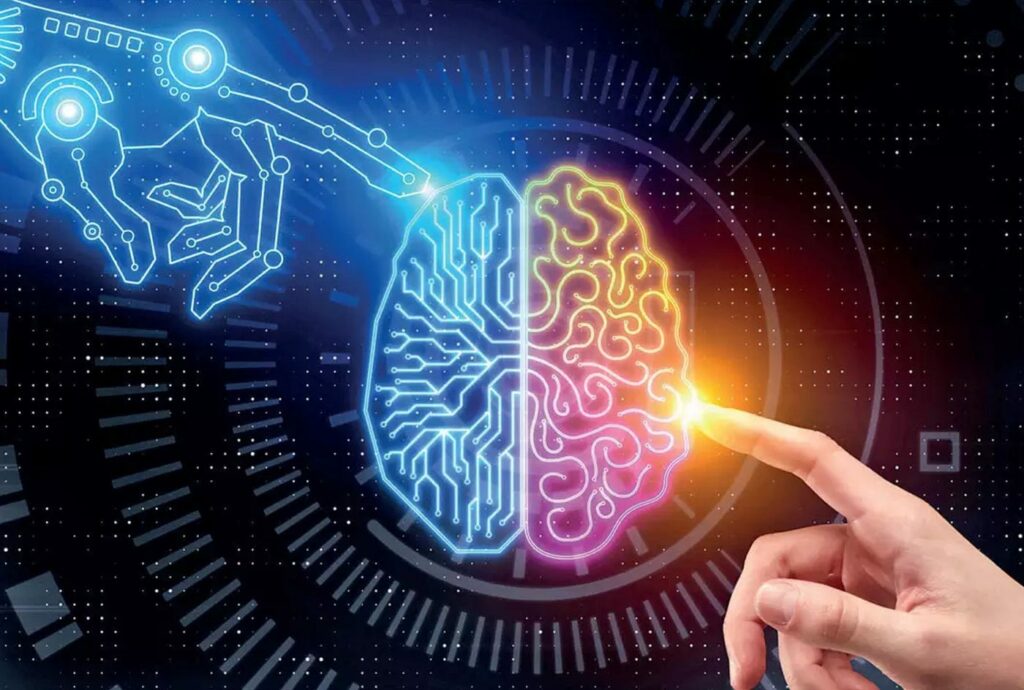The advent of advanced artificial intelligence has led to remarkable breakthroughs in language processing that were unimaginable just a decade ago. From conversational chatbots able to schedule appointments to hyper-realistic text generation rivaling human writing quality, the machines seem poised to automate tasks humans have dominated for centuries – including writing essays and research papers.
As AI capabilities continue rapidly expanding each year, will high-quality essay writing soon be completely machine-generated?

AI Already Assisting with – Not Replacing – Writing
In many ways, AI is already transforming how we write. Spelling and grammar checkers analyze text and suggest improvements, while writing assistants like Grammarly provide real-time feedback as we type. These tools are widespread, from Microsoft Word to Google Docs, enhancing human writing rather than replacing it.
Plus, AI generators can churn out long-form content at the push of a button. Applications like Jasper and QuillBot use algorithms trained on massive text datasets to produce unique blog posts, social media captions, and even fictional stories. However, close inspection reveals their limitations – stilted phrasing, illogical flow, and repetition. The output may have keywords in the right places but lacks authenticity.
So while AI can assist the writing process via editing programs or rapid content creation, human judgment is still essential. As AI expert Roman Yampolskiy states, “AI can help generate text, but it takes a human to turn it into literature.
Could Machines Ever Craft Compelling Essays?
Essay writing entails complex abilities – critical analysis, persuasive argumentation, emotional impact – that seem intrinsically human. Yet given rapid advances in language AI, could computer-generated essays ever plausibly compete with those by people?
In terms of meeting basic structural and grammatical criteria, AI models are already up to the task. Algorithms can study patterns in millions of essay examples, learning to convincingly emulate introductions, thesis statements, topic sentences and other standard elements. With enough data exposure and processing power, AI could approximate the mechanical aspects of essay writing.
However, human emotion, originality and subject matter expertise remain major differentiators. As literate beings, we each have unique backgrounds, interests and objectives that shape our written expressions. An AI lacks personal experiences to draw from or actual stances to argue from the heart. Even armed with seemingly endless data, algorithmic models have no true comprehension or beliefs.
Additionally, while tools like the AI checker for essays introduced by Anthropic can help determine if an essay seems artificially produced or human-written, the depth of human creativity and empathy seems currently out of reach.

Striking a Balance – AI and Humans Collaborating
Rather than machines fully replacing writers, the future points to symbiotic partnerships. Much as AI will transform sectors like manufacturing and healthcare without wholesale automation, writing is poised for augmented – not substituted – intelligence. The ideal scenario allows AI and human writers to complement each other’s strengths while minimizing weaknesses through close collaboration.
Algorithms can help with rote tasks like typing, grammar-checking, and data-driven research, empowering people to focus efforts on communicating original ideas. Writers freed from tedious mechanics and administrative burdens have more bandwidth for quality concepts and storytelling. AI becomes the assistant, handling basic legwork while the human lead envisions and executes high-level writing strategy.
Structured appropriately, AI promises to elevate writing, not conquer it. Just as calculators made students better at math by enabling quicker calculations, writing-focused AI allows honing skills around rhetoric, reasoning and creativity. Continued progress depends on mindfully nurturing such collaborative potential while considering ethics and oversight around how language technologies develop.
If stewarded cautiously and for the common good, an AI-powered writing future seems bright. People get relief from routine documentation and content churn, without facing replacement. And with the time savings and productivity gains, perhaps more people will discover their latent passion for writing, spurring a new renaissance.

The Outlook for Human Writing
In a world increasingly digitized and automated, the intrinsically human acts of writing and storytelling become more critical than ever. Even surrounded by technologies like virtual reality and conversational bots, we crave real human perspective and emotion. As AI permeates life, the case for creative expression free of algorithms strengthens.
The machines may one day write competent essays to fulfill academic criteria. But the prose of a machine will always miss the spark of human originality. We still have stories within yearning to be shared, insights revealing who we are. And our species’ progress relies on the empathy and wisdom that comes from bravely writing out inner truths and scarcely explored terrains of imagination.
So while AI will doubtless continue advancing, the quintessence of writing remains grounded in people. The human heart still guides the hands that type or grip a pen, while dreams still flow through and between us. As long as life stirs curiosity, passion and care for human rights and dignity, the machines will have much to learn about writing from us – especially the profound emotional resonance that the most talented people can spark through their pens.

>>>>>>>>>>>>>>>>>>>>>>>>>>>>>

